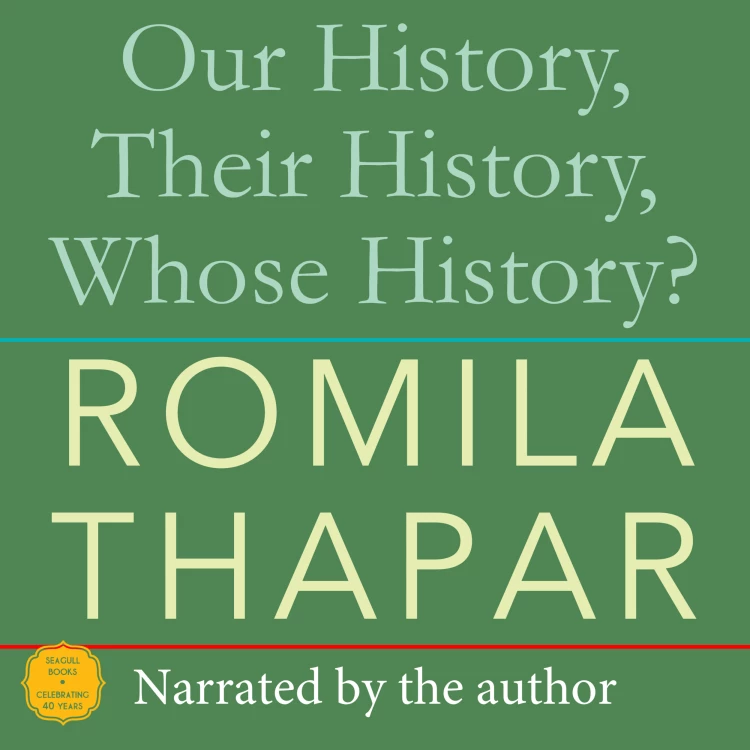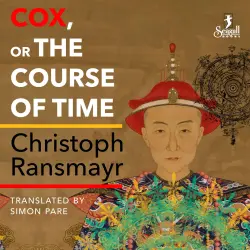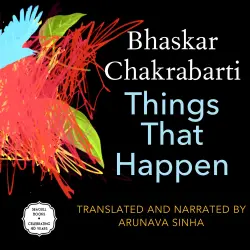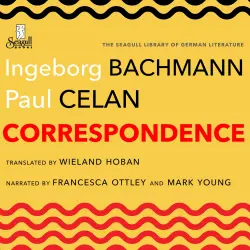
Our History, Their History, Whose History?
Romila Thapar
Unabridged
5 hours 10 minutes
Note: Costs may be incurred for playing the audio books or audio plays on the respective platforms, e.g. Spotify. Lismio has no influence on which audiobooks and audio plays are available on the service.
Some articles contain affiliate links (marked with an asterisk *). If you click on these links and purchase products, we will receive a small commission at no extra cost to you. Your support helps to keep this site running and to continue creating useful content. Thank you for your support!
From the publisher
An overview of nationalism and its impact on the study of history from one of India's most prominent historians.
In this timely book, historian Romila Thapar delves into the complex world of nationalisms and its impact on the interpretations of the past and on the discipline of history itself. History, she expounds, is no mere collection of information and chronology and its purpose extends well beyond storytelling.
Recognizing nationalism as a powerful force that gives rise to various narratives that provide ancestry to communities and shape the direction of societies, Thapar explores how, in India, two conflicting notions of nationalism have evolved and shaped the idea of the nation. Today, one such nationalistic theory claims the victimization of one religious community by another through centuries of 'misrule'. Such a claim willfully ignores ample evidence to the contrary to suit a particular political and ideological purpose. Thapar counters such attempts at misrepresentation by citing several historical instances of the nuanced interface and intermingling of cultures, as well as by showing how today's conflicts have their roots in the British colonial construction of India's history. She also addresses the recent controversy surrounding the deletions of sections of Indian history textbooks published by NCERT, the Indian educational council and suggests that the intention is more likely to be the promotion of a particular reading of history that conforms to the ideology of those in power.
Engaging and thought-provoking, Our History, Their History, Whose History? invites readers to question the authenticity of historical narratives touted by one group of nationalists and it explores the clash between professional historians who study the past to understand our inherited present and fabricators who wield history for political gain.
In this timely book, historian Romila Thapar delves into the complex world of nationalisms and its impact on the interpretations of the past and on the discipline of history itself. History, she expounds, is no mere collection of information and chronology and its purpose extends well beyond storytelling.
Recognizing nationalism as a powerful force that gives rise to various narratives that provide ancestry to communities and shape the direction of societies, Thapar explores how, in India, two conflicting notions of nationalism have evolved and shaped the idea of the nation. Today, one such nationalistic theory claims the victimization of one religious community by another through centuries of 'misrule'. Such a claim willfully ignores ample evidence to the contrary to suit a particular political and ideological purpose. Thapar counters such attempts at misrepresentation by citing several historical instances of the nuanced interface and intermingling of cultures, as well as by showing how today's conflicts have their roots in the British colonial construction of India's history. She also addresses the recent controversy surrounding the deletions of sections of Indian history textbooks published by NCERT, the Indian educational council and suggests that the intention is more likely to be the promotion of a particular reading of history that conforms to the ideology of those in power.
Engaging and thought-provoking, Our History, Their History, Whose History? invites readers to question the authenticity of historical narratives touted by one group of nationalists and it explores the clash between professional historians who study the past to understand our inherited present and fabricators who wield history for political gain.



















